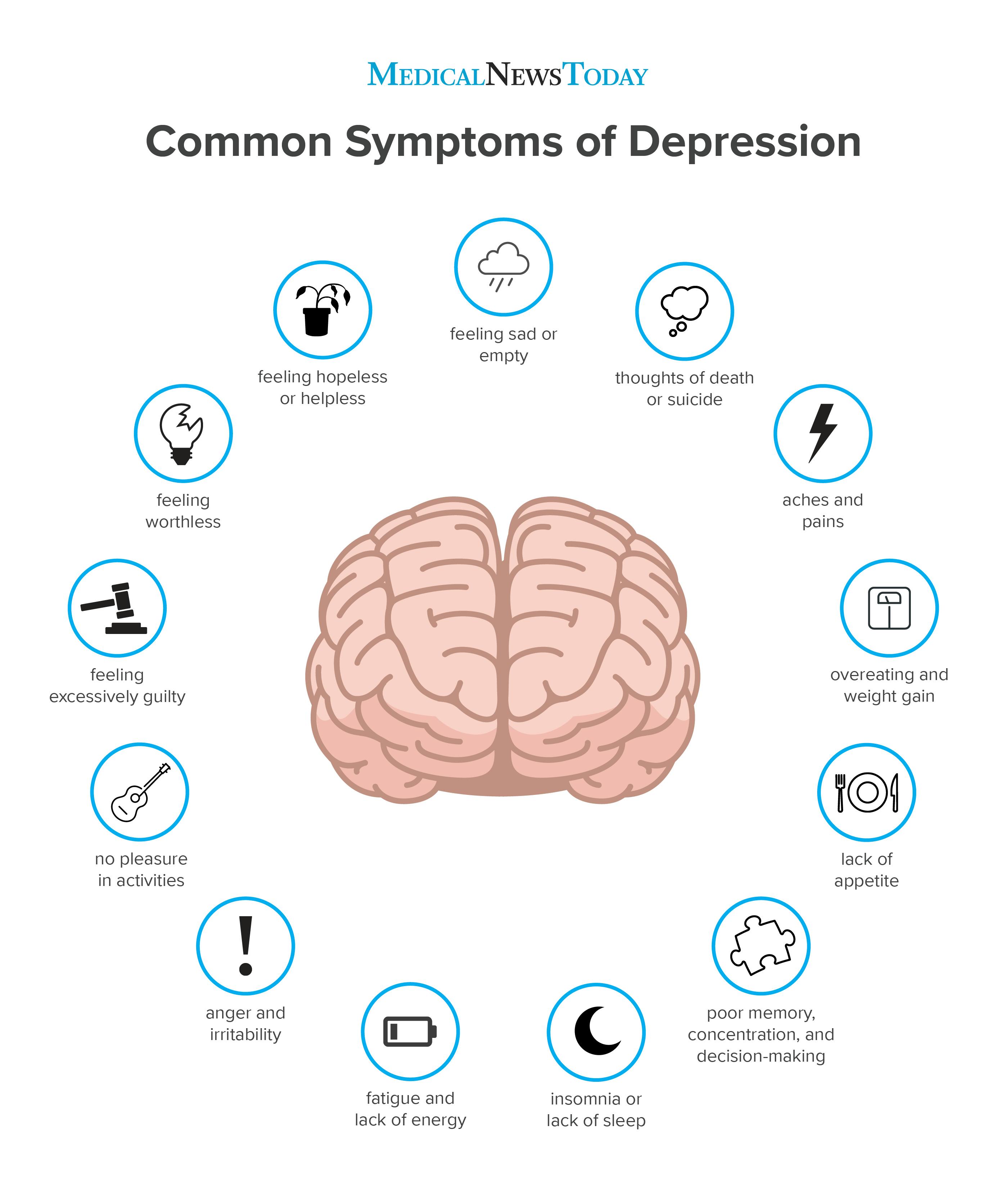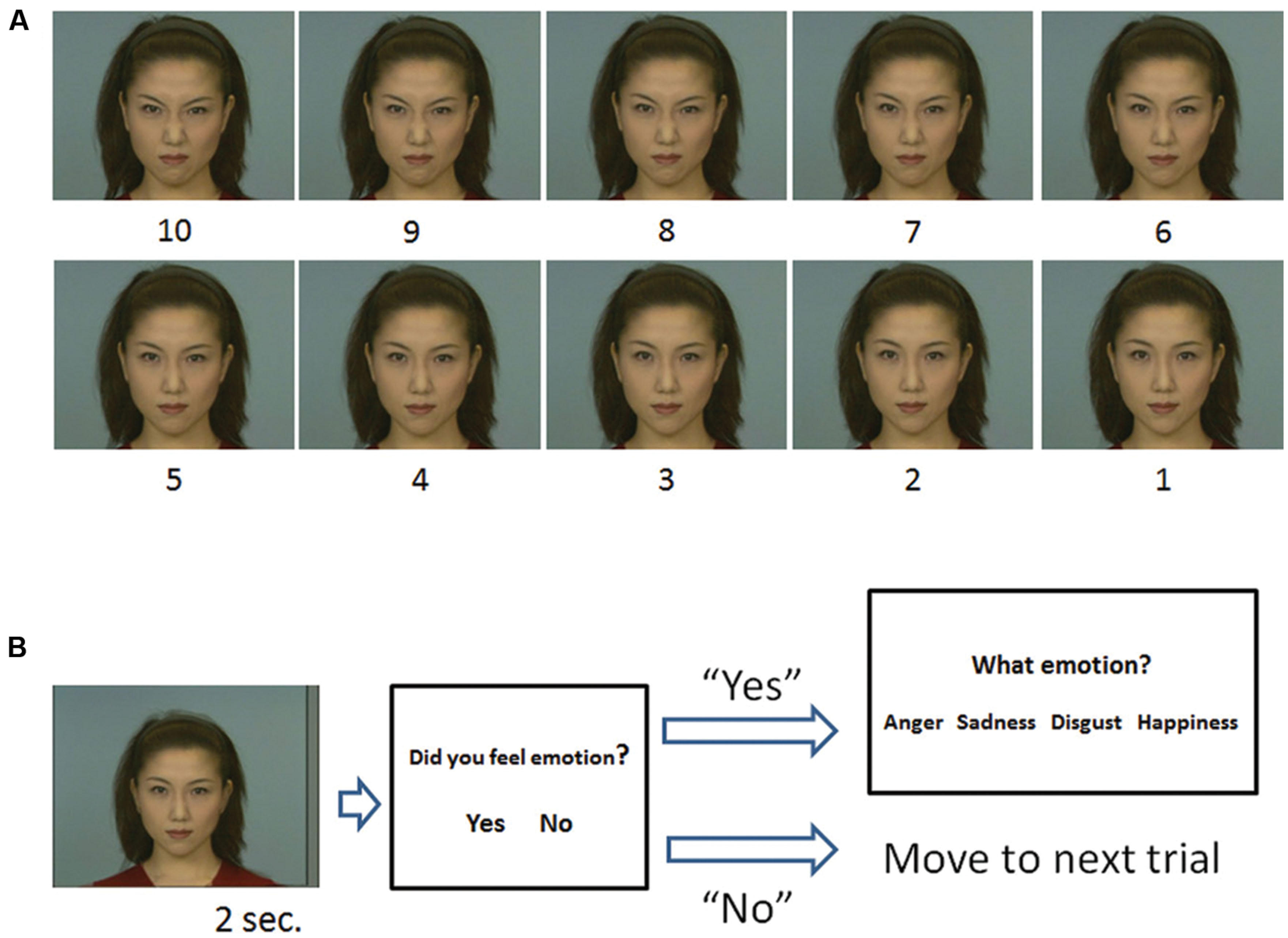
Another important factor that has generally been overlooked is the distinction between positive and negative emotions. This suggests the need to systematically examine both the subjective experience and the outward expression of emotion. Neurological evidence indicates that the systems controlling facial expressions and subjective experience can act independently (e.g., Ross & Mesulam, 1979). For example, it is essential to specify which facets of the emotional response are blunted. Unfortunately, in such studies there is a risk of overlooking several important factors. Most of what is known about affective flatness has come from studies in which psychiatric patients were observed during clinical interviews and received unidimensional ratings of emotional expressiveness. Although blunted affect may not be a universal symptom of schizophrenia and is not specific to the disorder, it does appear to have prognostic importance ( Carpenter, Bartko, Strauss, & Hawk, 1978 Knight, Roff, Barmen, & Moss, 1979).


People with major depression have also been found to have flat affect (e.g., Andreasen, 1979 Pogue-Geile & Harrow, 1984). Whereas both Bleuler (1911/ 1950) and Kraepelin (1919/ 1971) considered affective flatness to be a universal symptom of schizophrenia, the International Pilot Study of Schizophrenia ( World Health Organization, 1973) revealed that only 66% of the schizophrenic patients studied exhibited flat affect.

Historically, psychopathologists have placed a great deal of emphasis on the role of emotional disturbance in schizophrenia.


 0 kommentar(er)
0 kommentar(er)
